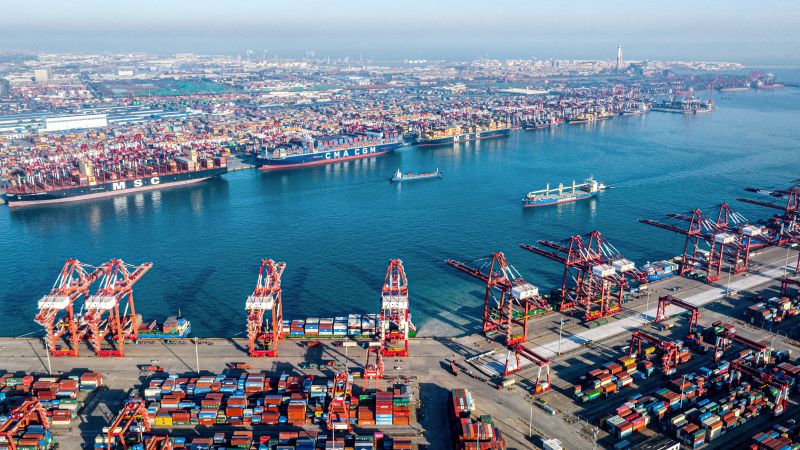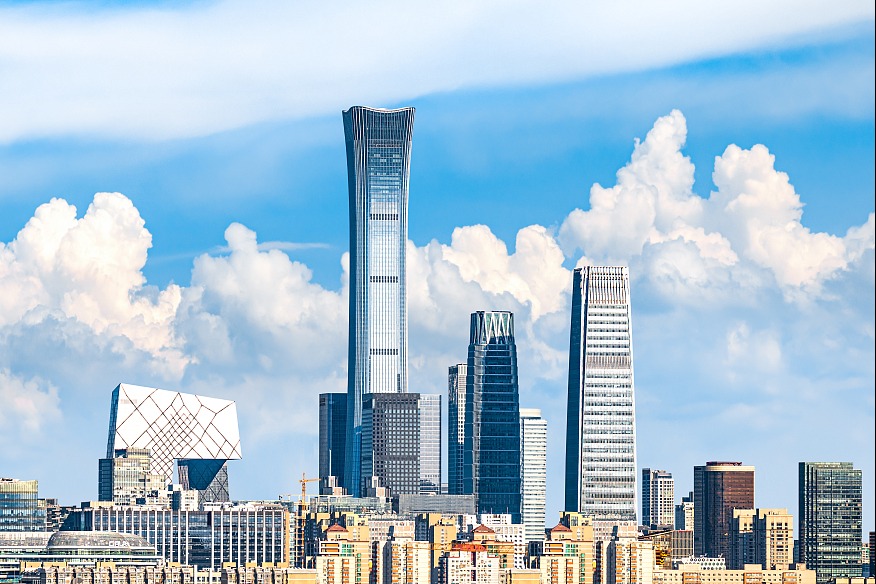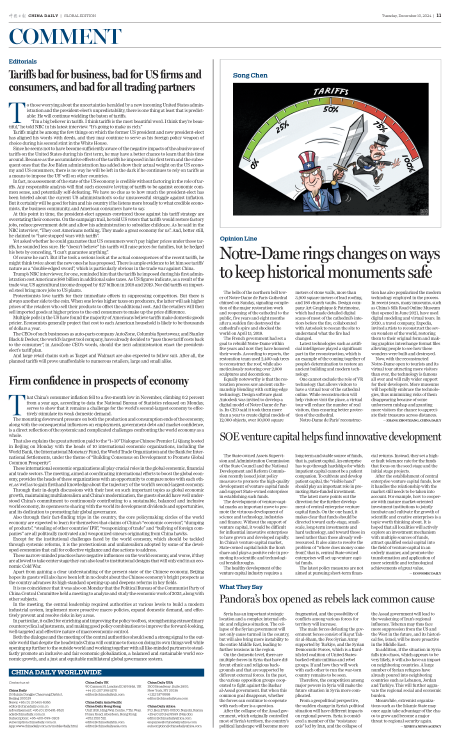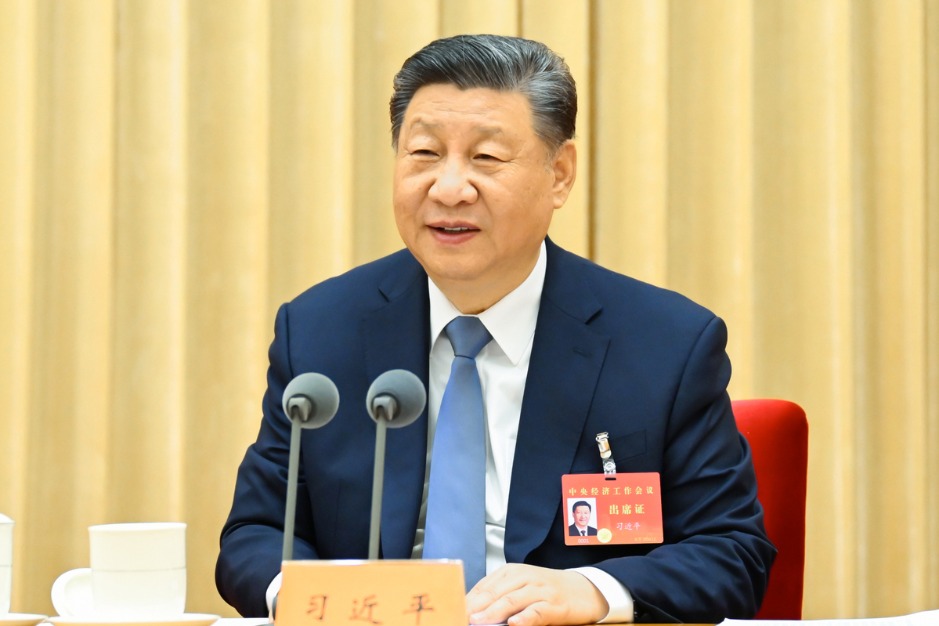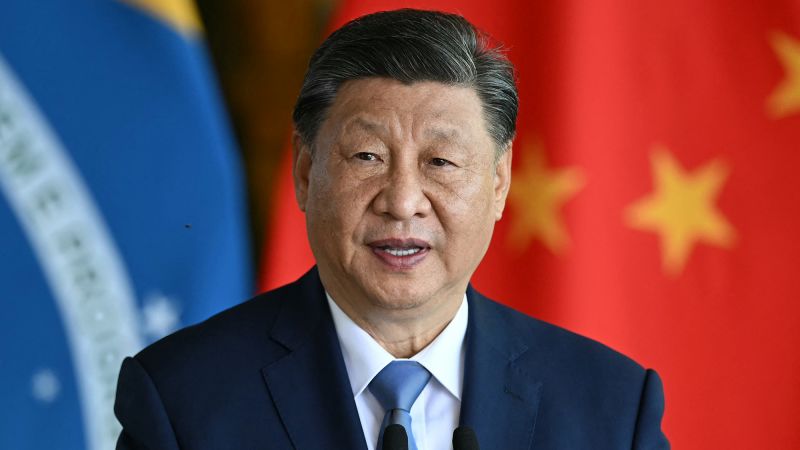
Why Xi Jinping’s China is Reluctant to Bail out Evergrande
News 18The optics of sit-in protests by irate investors in various offices of one of China’s largest realty firms, Evergrande, and clashes between demonstrators and law-enforcement gave credence to a view that this was a huge challenge to the Chinese Communist Party. EXPLAINED | The Evergrande Crisis And What It Means For Markets Clash of Two Visions As China liberalised its economy in the 1970s, “get rich is glorious” was the reigning credo; many quit their government jobs to explore a sea of business opportunities, which popularised the Mandarin expression ‘xiahai’ that literally means “going down to the sea”. In his book ‘Wen Jiabao: China’s Greatest Actor’, Yu Jie alleges that former premier Wen Jiabao’s brother, Wen Jiahong, had a stake in Evergrande, and had served as its director. As member of the Chinese People’s Political Consultative Conference in 2012, Xu attended the ‘Two Sessions’ legislative proceedings sporting a belt crafted by a French luxury major; his picture went viral on China’s online platforms and this earned him a derisive epithet of ‘Belt Brother’. Xi realises that speculation in real estate is hurting China’s growth trajectory as housing in places like Shenzhen becomes expensive, it has a cascading effect on wages, which blunt China’s competitive advantage.
History of this topic

Xi digs in with top-down economic plan even as China drowns in debt
Live Mint
China eases monetary policy stance, vows more fiscal support
Live Mint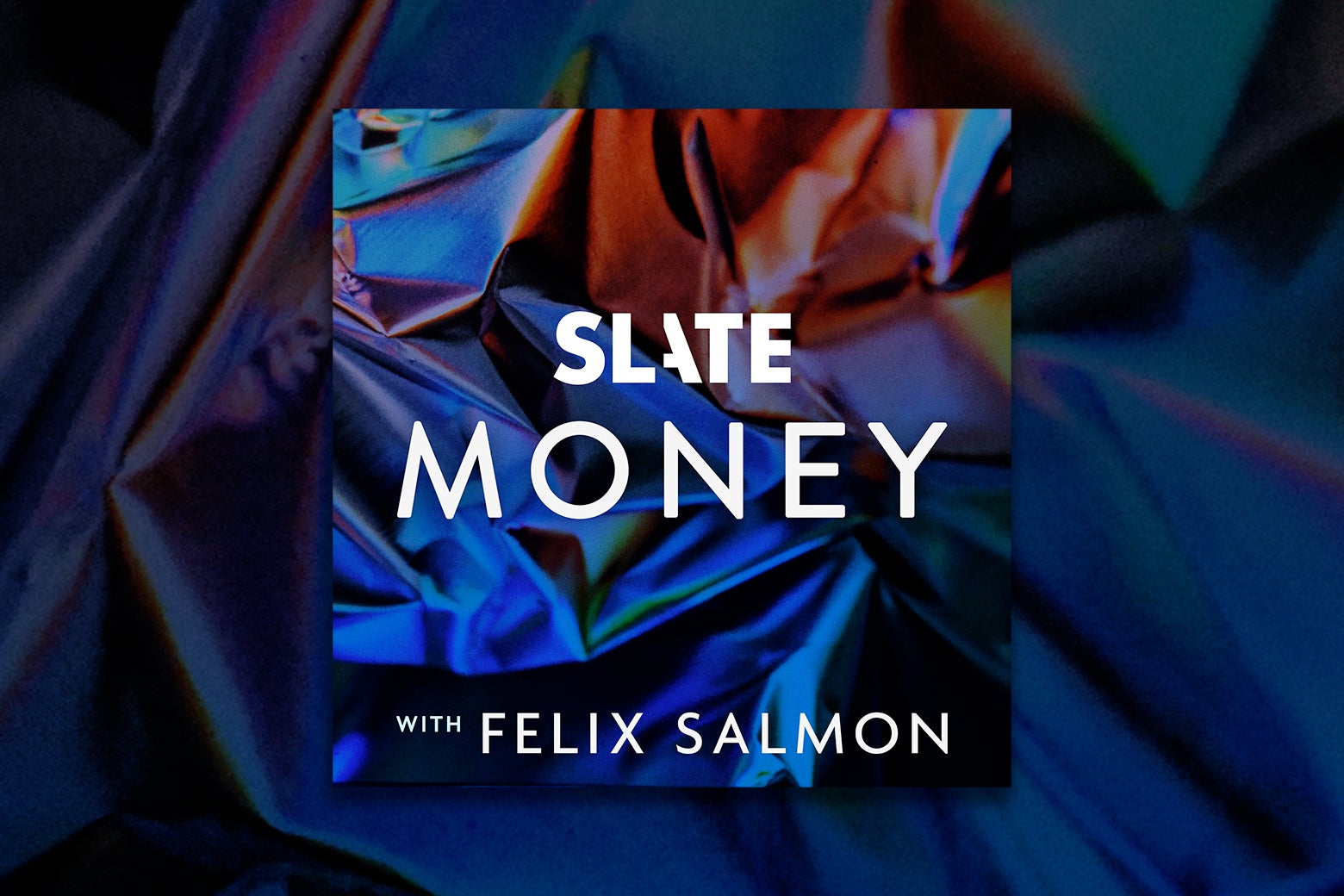
Economy: Xi Jinping’s stimulus package is too weak for China to be healthy
Slate
Xi Jinping pledges ‘forceful’ rate cuts to halt China’s economic crisis
The Telegraph
Why Xi Jinping is staring into an economic abyss
The TelegraphXi Jinping sets the course for China's economy for the next decade as he prepares for a fourth term
ABC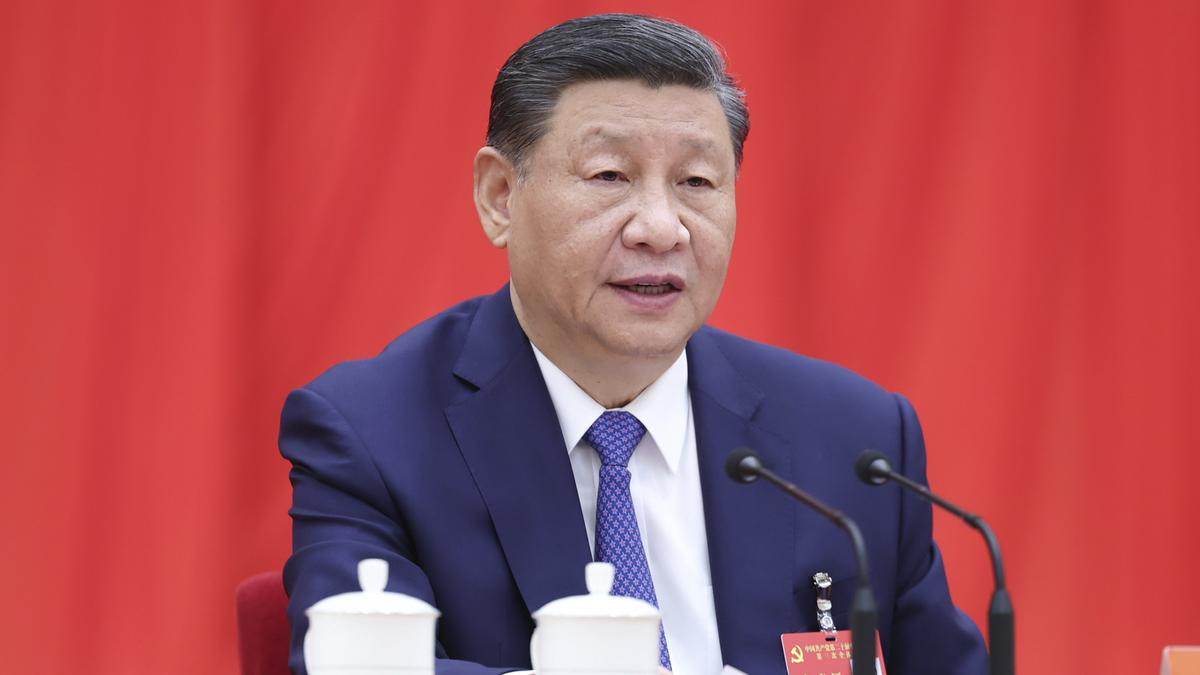
China’s leaders vow to fight ‘risks’ plaguing economy
The HinduChinese leader Xi issues a positive message at a meeting with US business leaders as ties improve
Associated Press
Profile: Xi Jinping the reformer
China Daily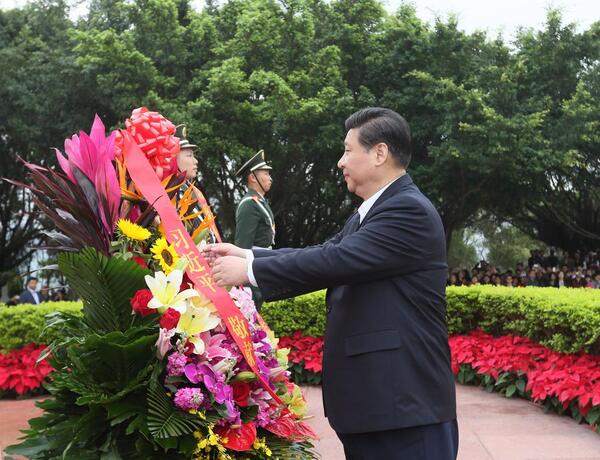
Profile: Xi Jinping the reformer
China Daily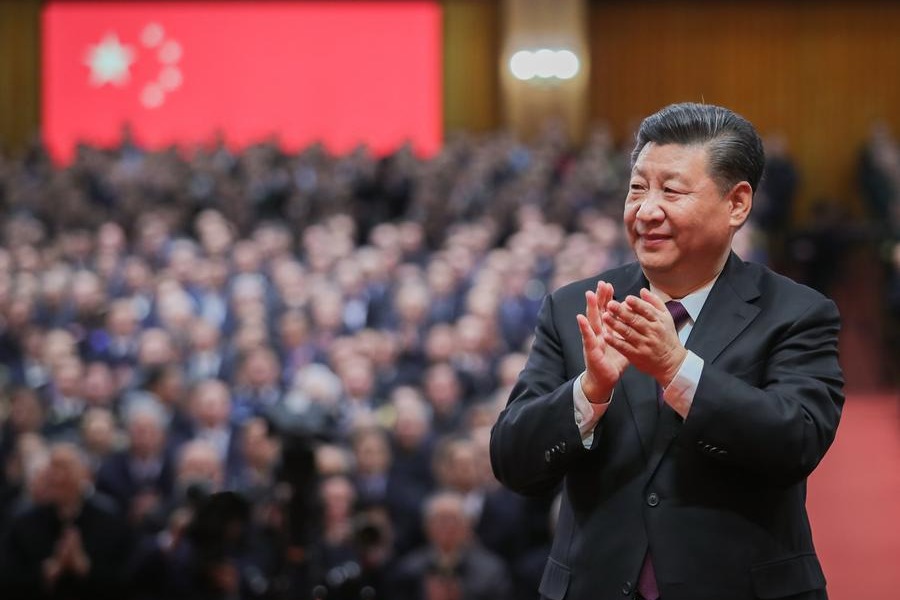
Profile: Xi Jinping the reformer
China Daily
Year of the Dragon: China faces critical moment in push to revive economy
Al Jazeera
Why Xi Can No Longer Brag About the Chinese Economy
Live Mint)
Global Watch | Eclipsing the dragon: Growing shadows of intense power struggle in China
Firstpost
China's economic evolution: Navigating challenges
Hindustan Times
Is China’s Reform and Opening Era Over?
The Diplomat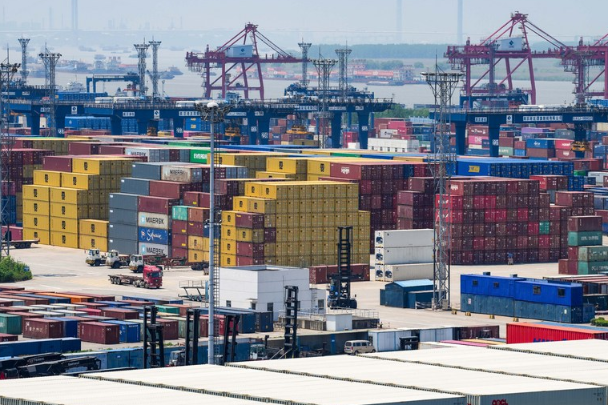
Chinese economy enjoys 'strong resilience'
China Daily
Two Indicators shaking China's economy : Planet Money
NPR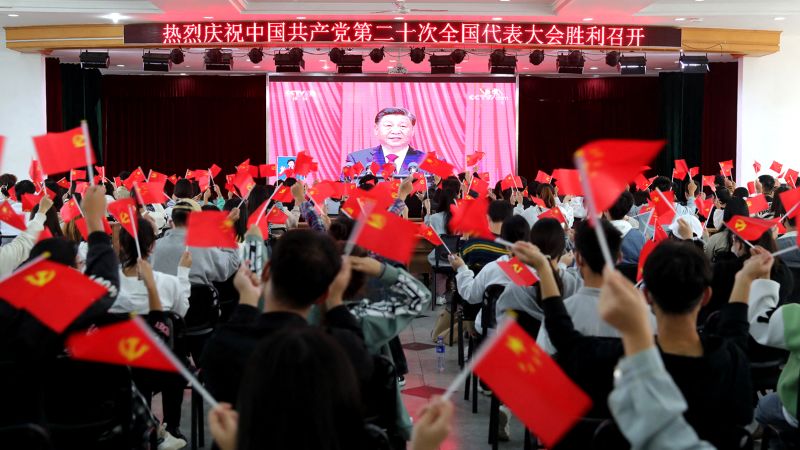
Xi Jinping just became unassailable. Here’s why investors are running scared
CNN
China’s Xi Jinping, secure in power, faces deepening economic challenges
Live MintFears Xi Jinping flaunting 'collective prosperity' in CCP Congress speech, signalling further winding back of economic reforms
ABC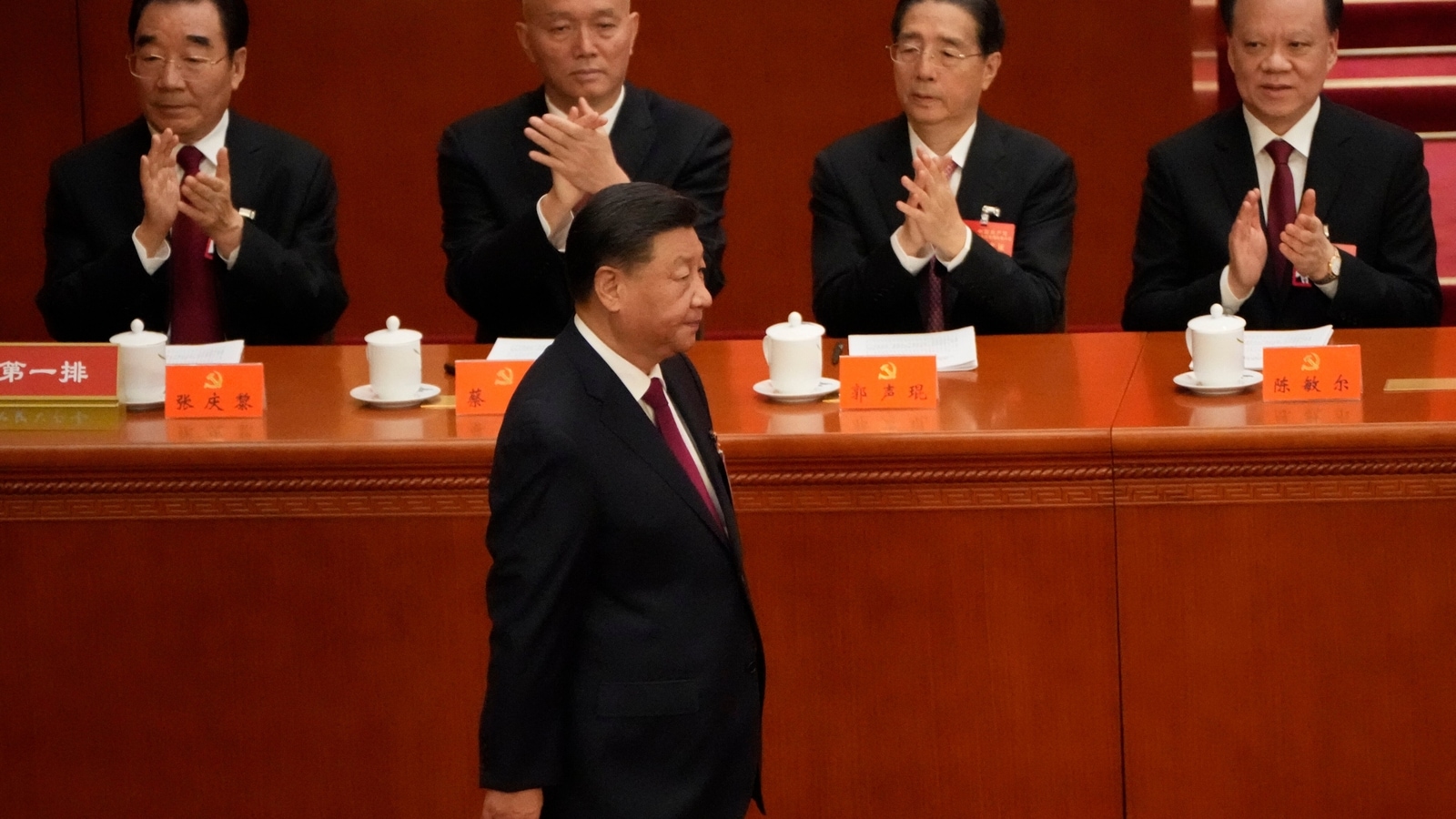
Chink in Xi Jinping's armour: Economy ‘trouble’ and China's plan
Hindustan Times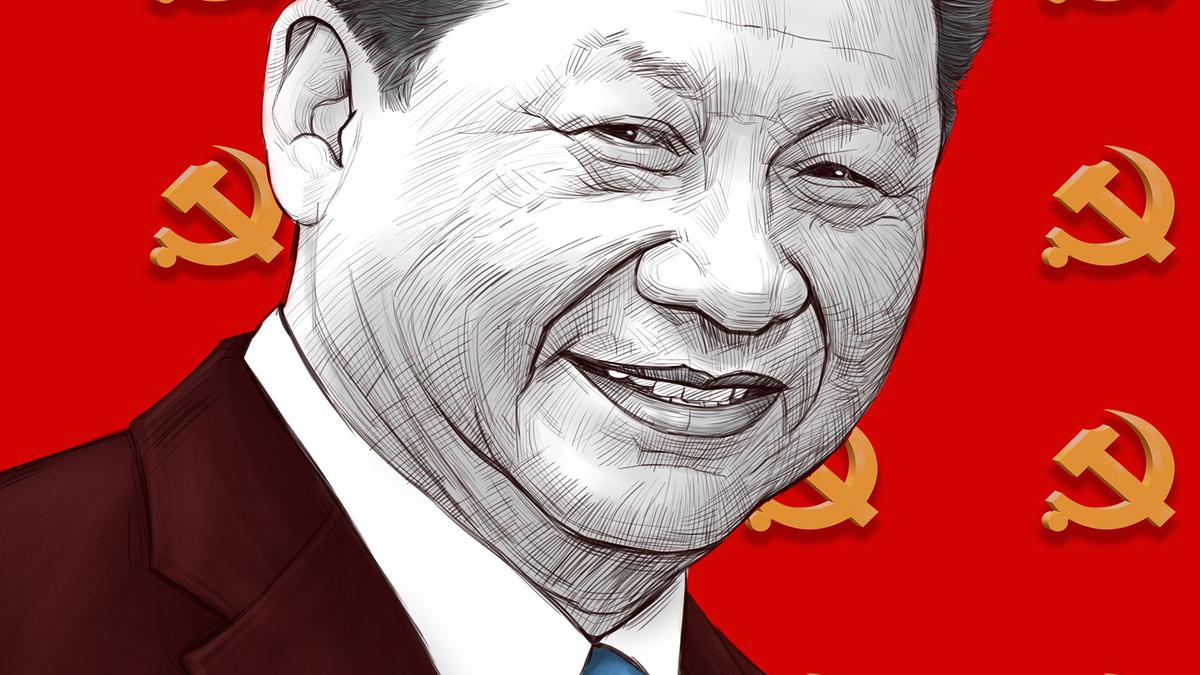
Xi Jinping | The princeling’s next decade
The Hindu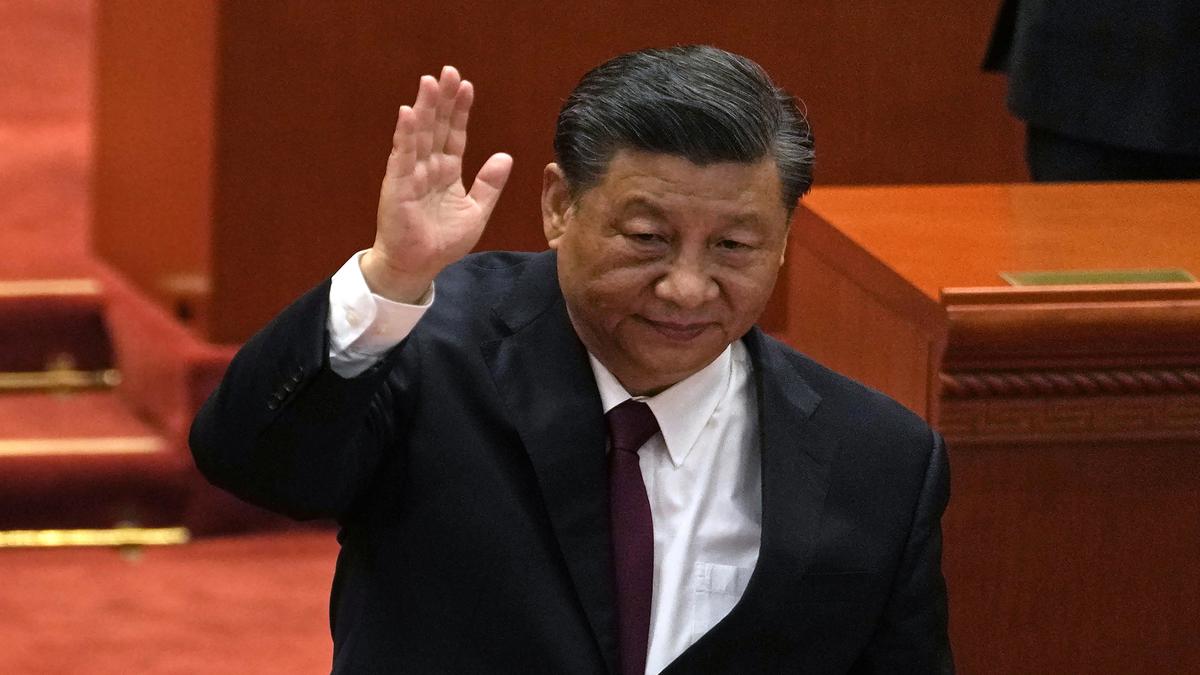
Xi Jinping's power in China grows after unforeseen rise to dominance
The Hindu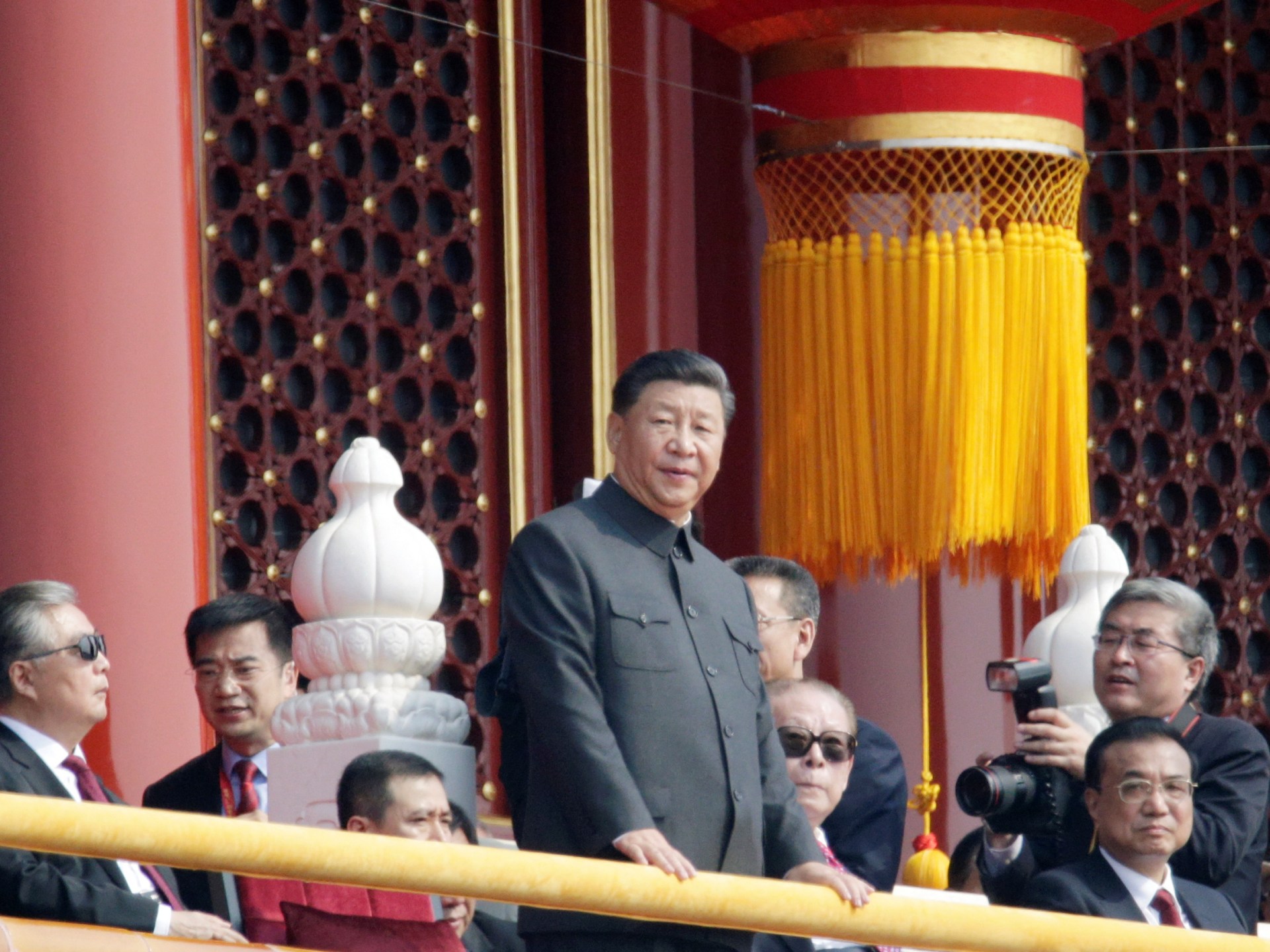
Xi’s economy sees ‘beautiful life’ in China nationalism, control
Al Jazeera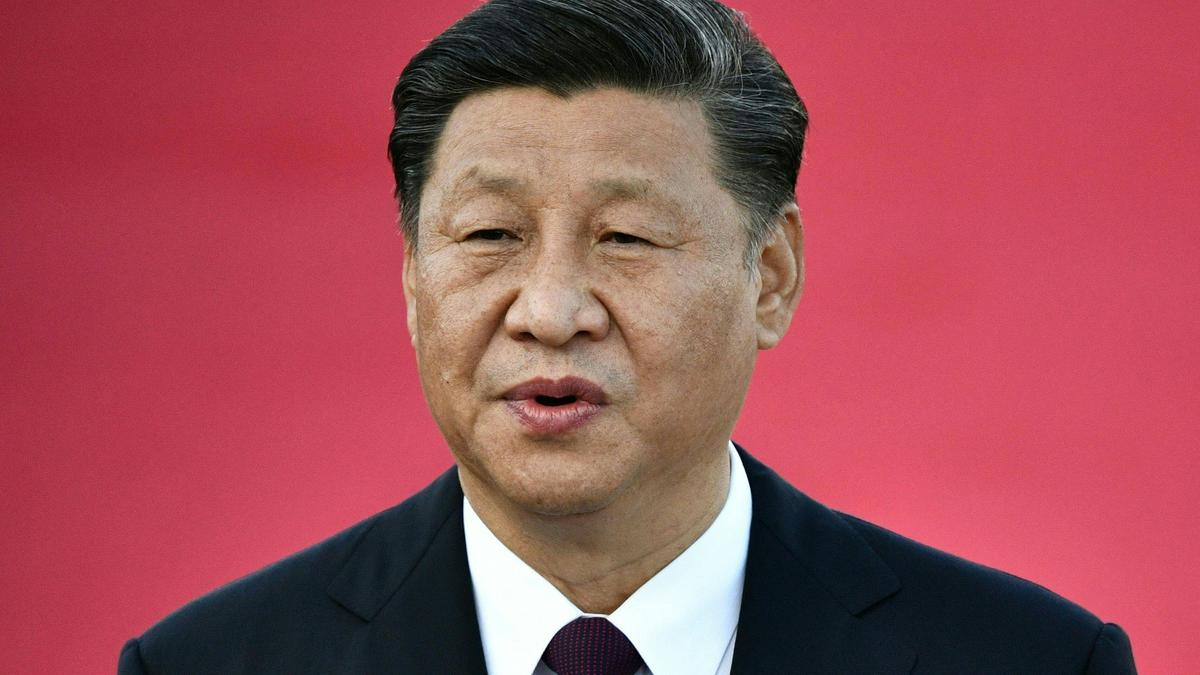
Xi Jinping all set to rewind China's clock back to 'one leader rule' of Mao era
The Hindu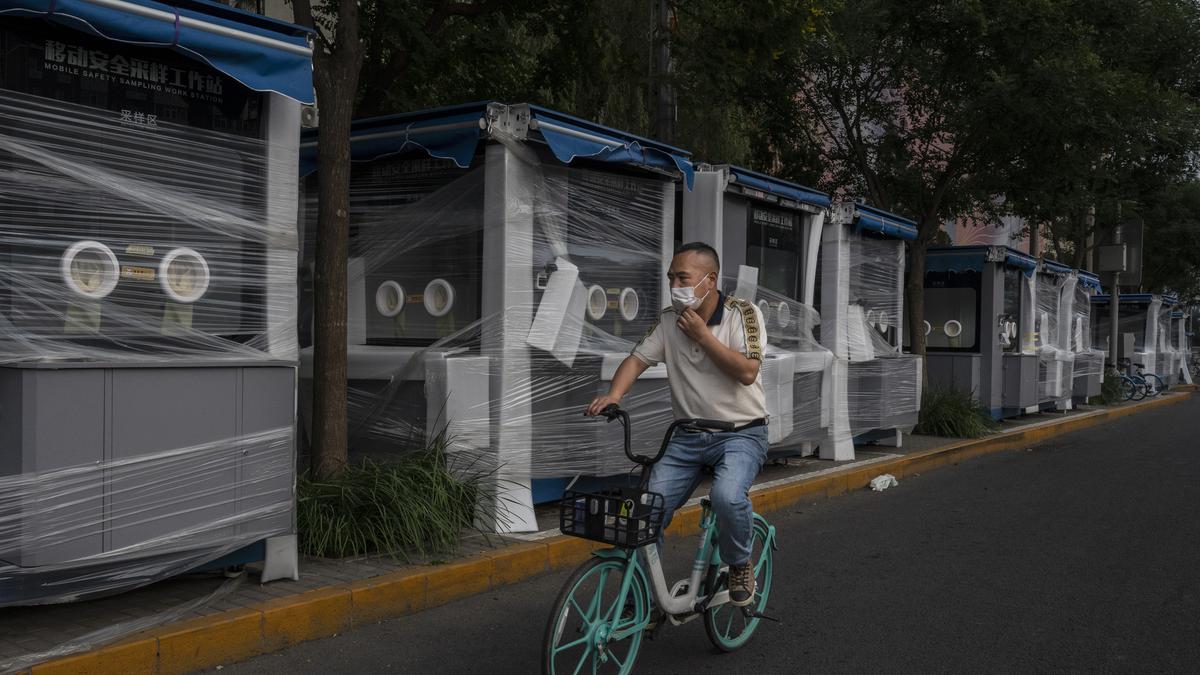
Real-estate debt, crackdowns and COVID policies throw a spanner in China’s economy
The HinduAs China's economy teeters under COVID-19 and housing market in meltdown, President Xi Jinping looks set to become permanent ruler
ABC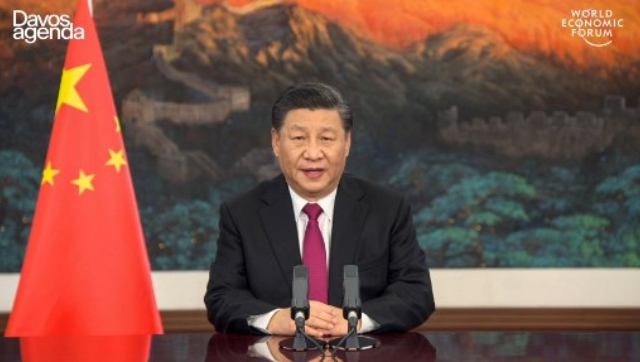)
Why is Xi Jinping doubling down on a ‘zero-Covid’ policy that is causing massive economic distress and public anger in China?
Firstpost
China’s Xi calls on nations to secure global supply chains
Al Jazeera
Five perspectives on where Chinese economy is heading under Xi's thought
China Daily
China's economy slows as Beijing wrestles with debt
The IndependentThe Evergrande crisis and how Xi is remaking China's economy | In Focus podcast
The Hindu)
Xi Jinping chases 'rejuvenation of the great Chinese nation' with control of tycoons, society
FirstpostHow Deng Xiaoping set China on a path to rule the world
ABC
China CCP anniversary: how Xi has combined Maoist discipline with high tech totalitarianism
The Independent
China struggles to suppress bubbles in markets awash with money
Live MintThe West's leadership failure on coronavirus is only helping China usurp it
ABC
Xi hails China's economic growth despite pandemic setback
The IndependentYearender 2020 | Xi Jinping tightens grip on China
The Hindu)
Chinese President Xi Jinping Warns 'Period of Turbulent Change' as External Risks Rise
News 18
Cornered yet aggressive: Chinese diplomacy Xi Jinping style
India TodayDiscover Related





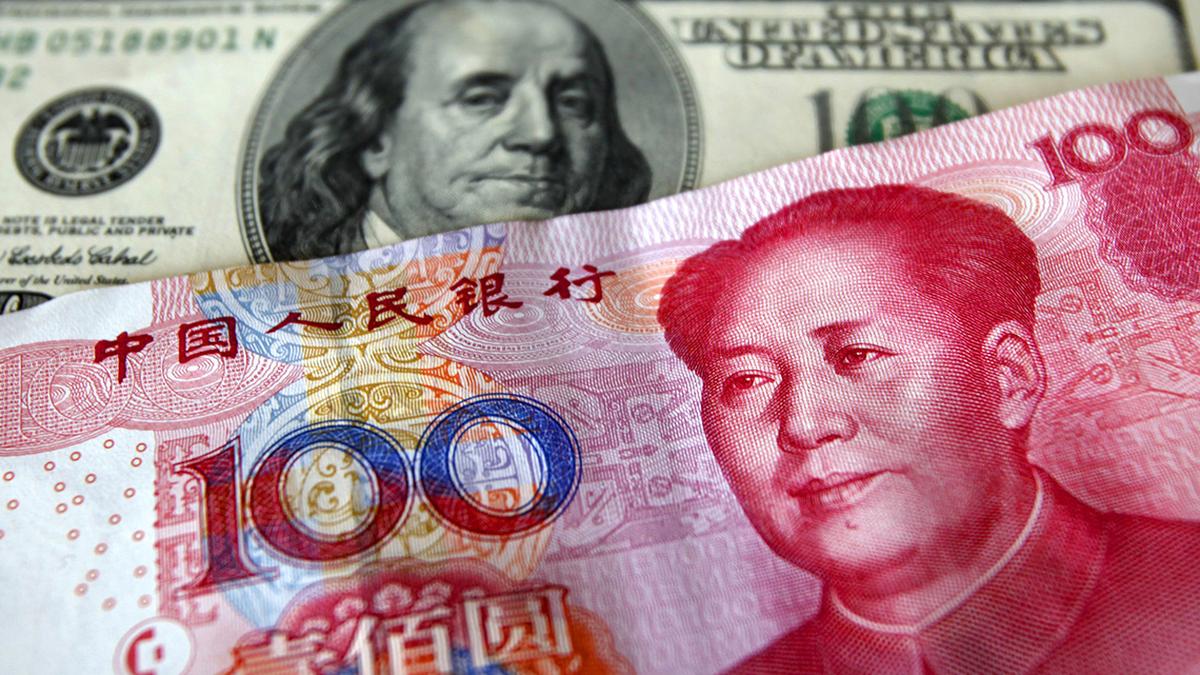
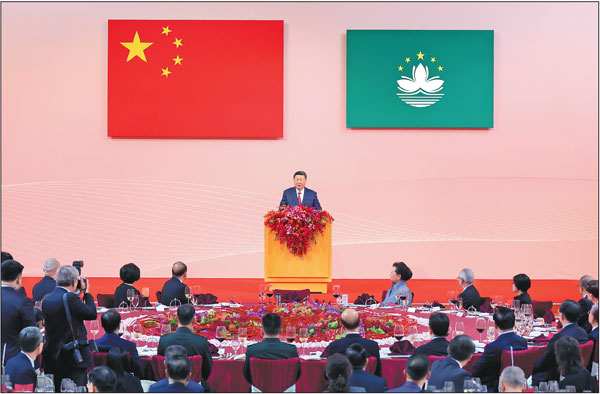


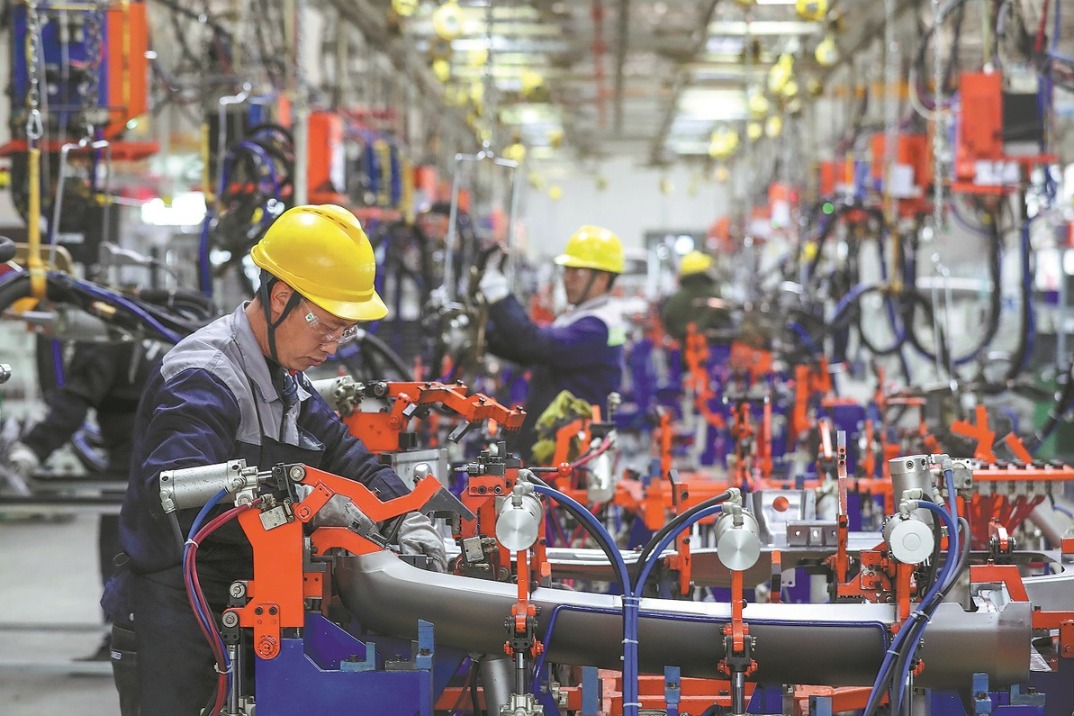
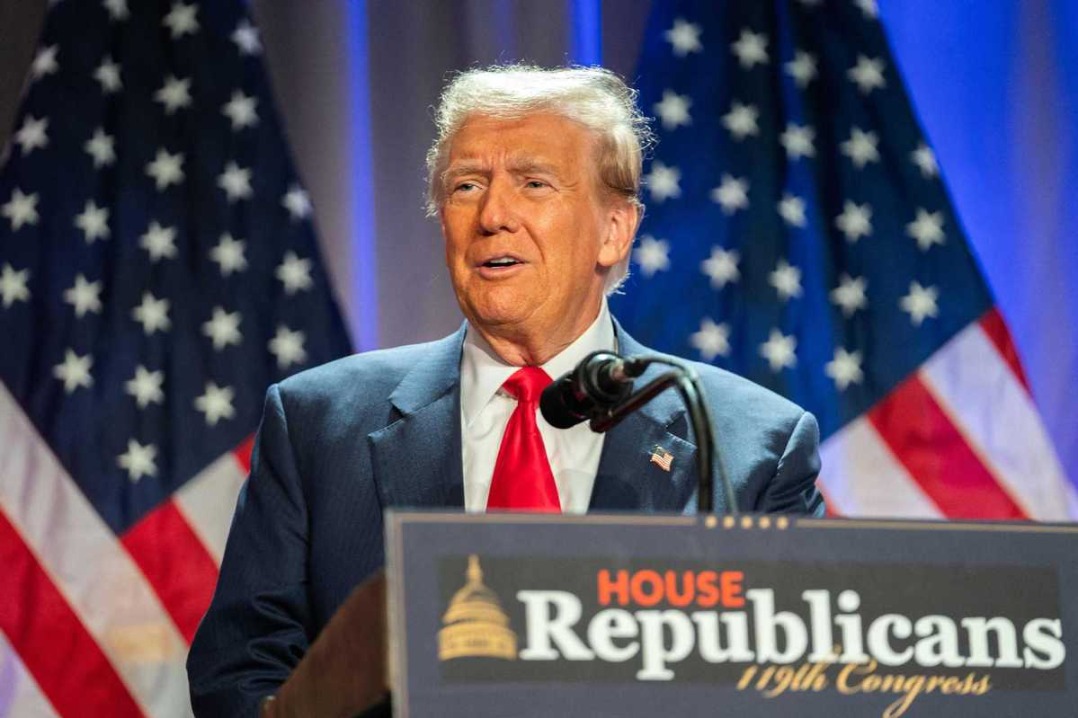



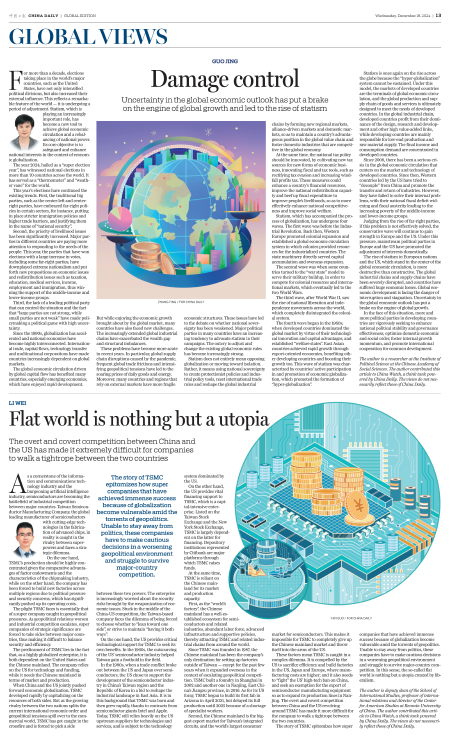
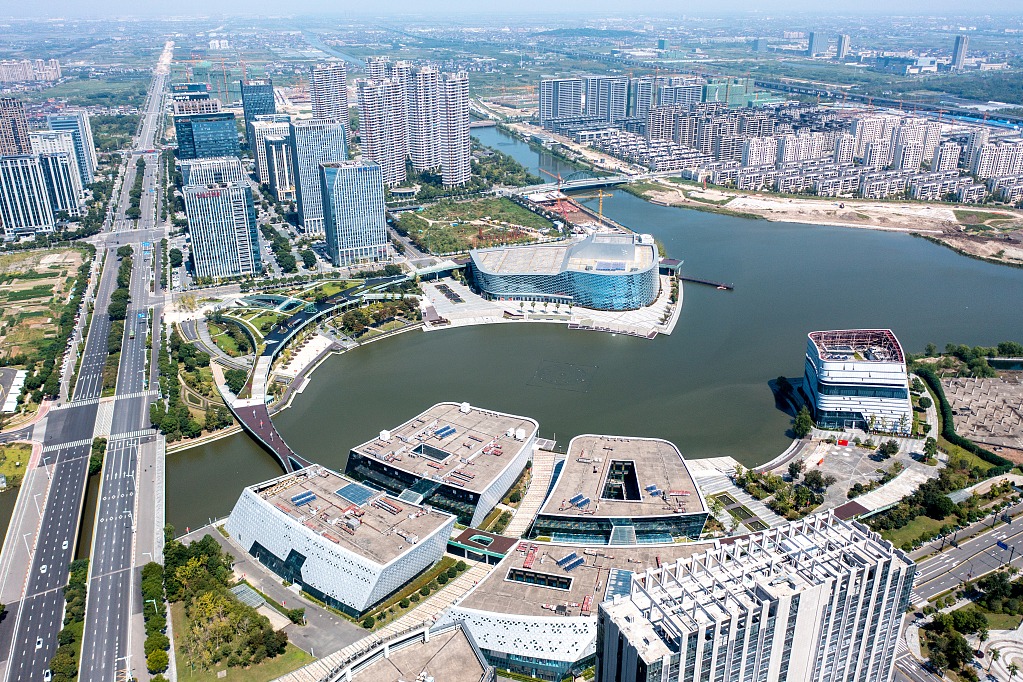
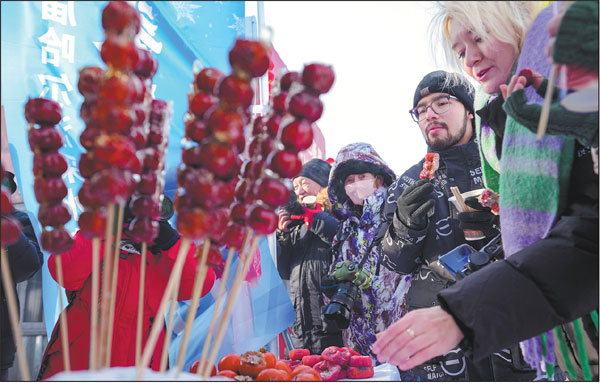
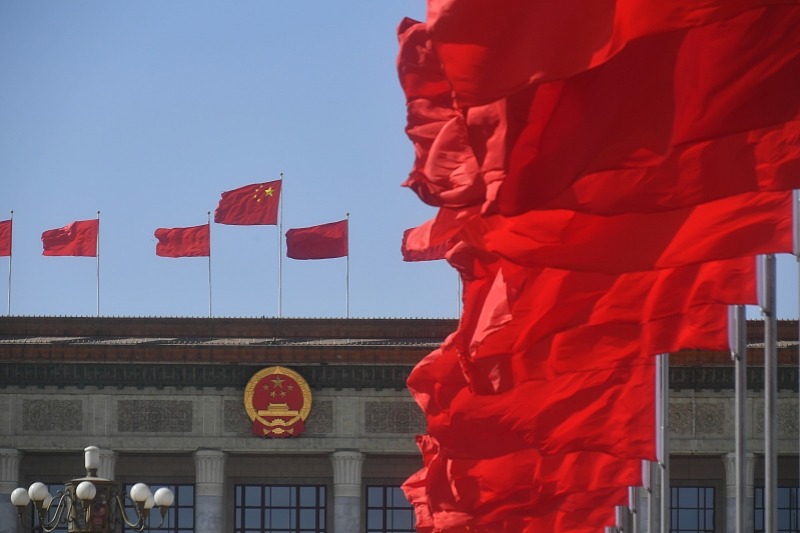
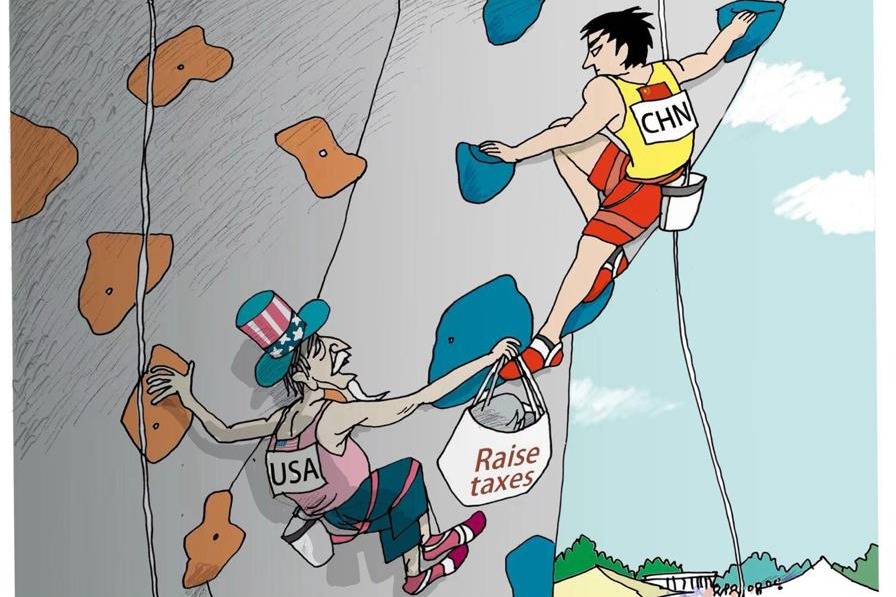

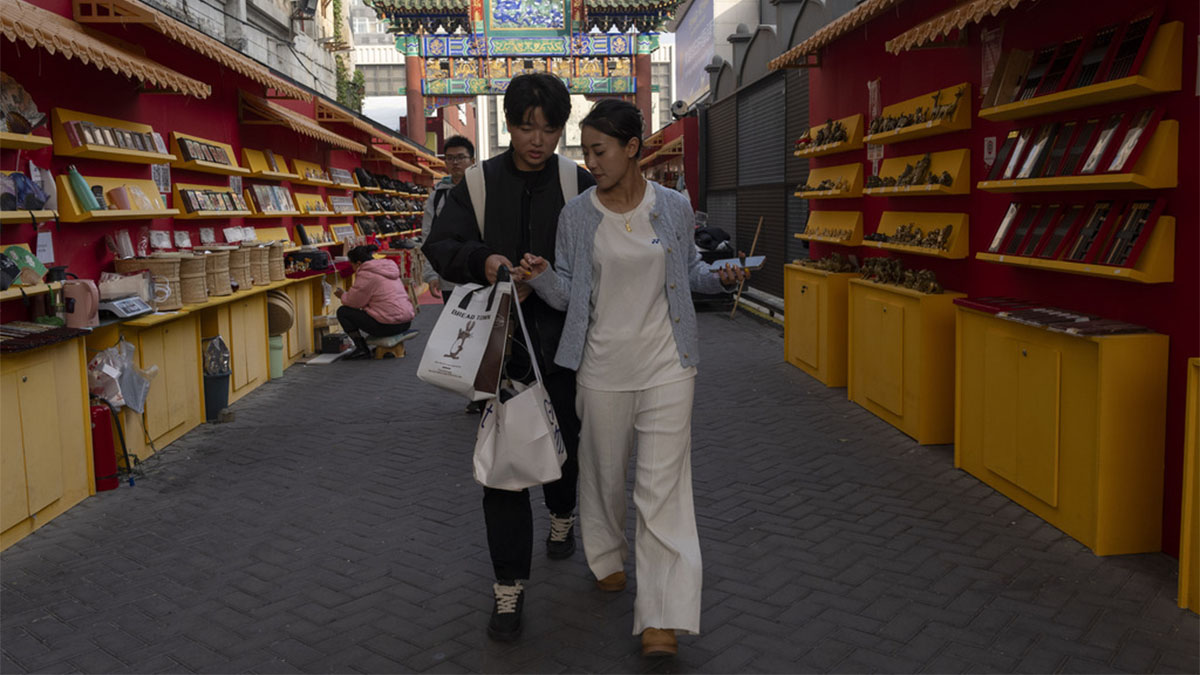)
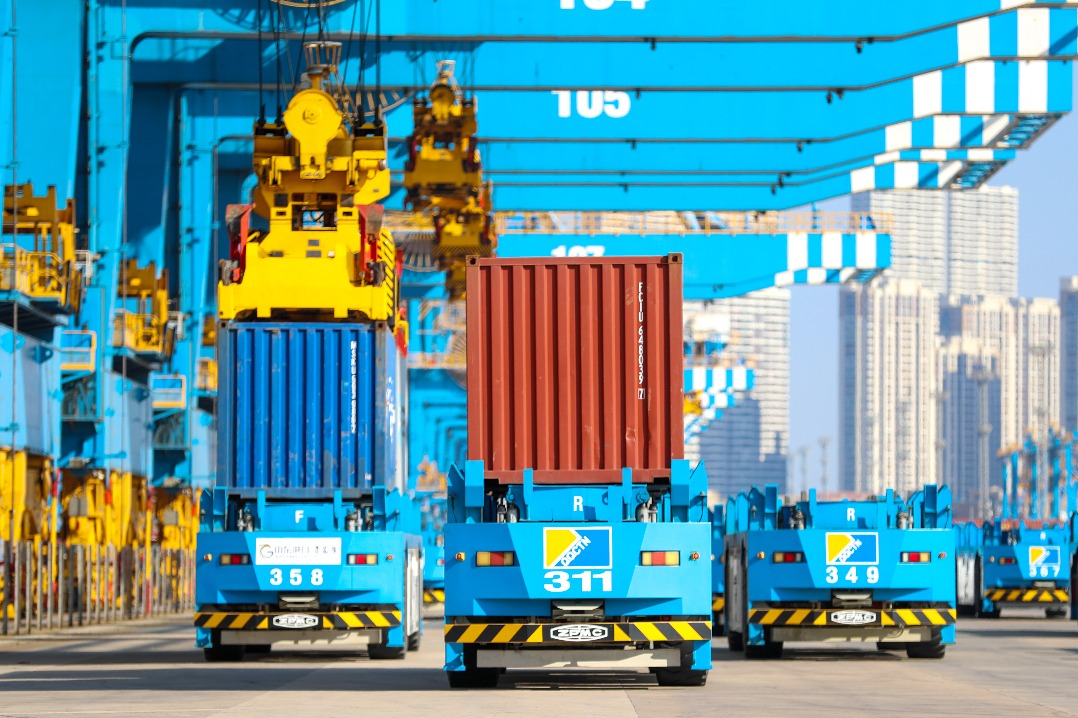
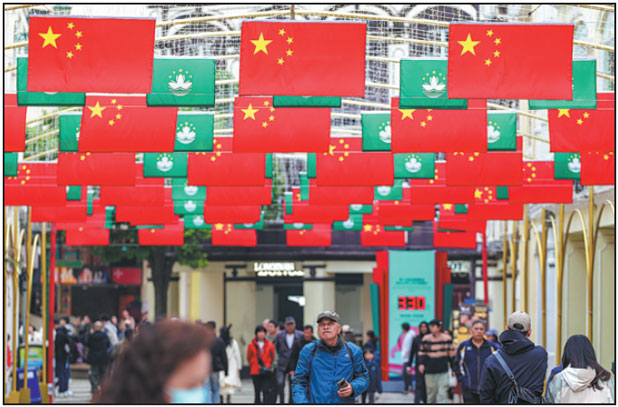
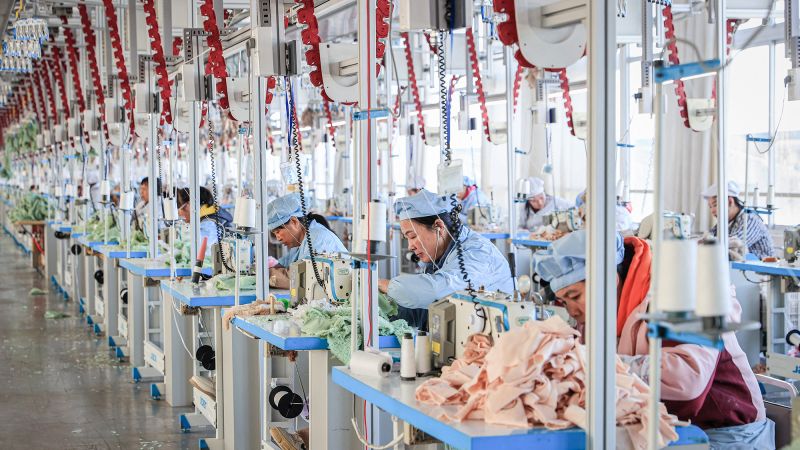

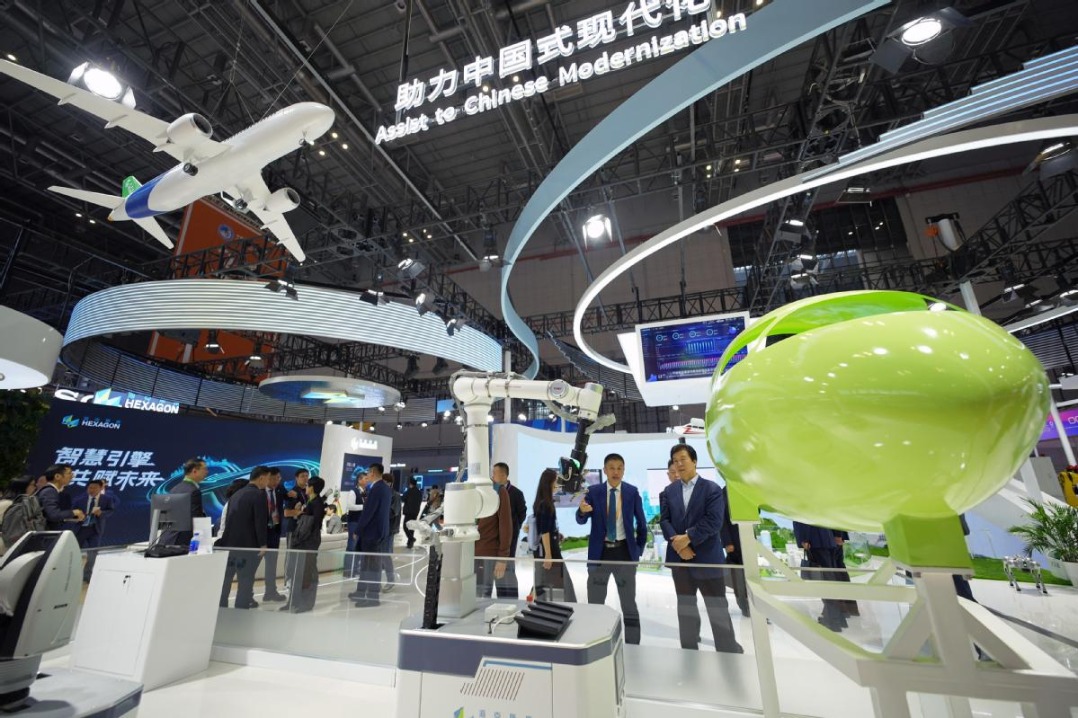

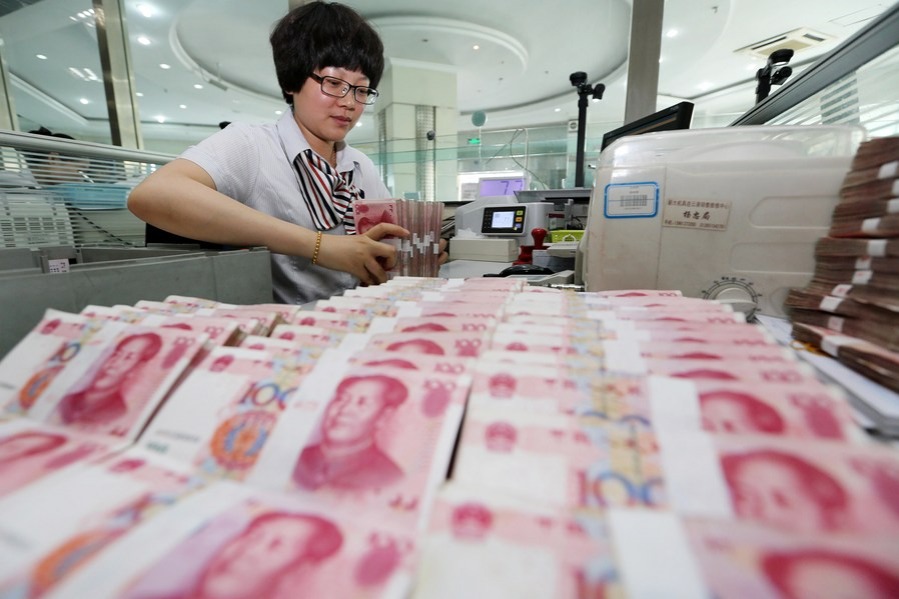
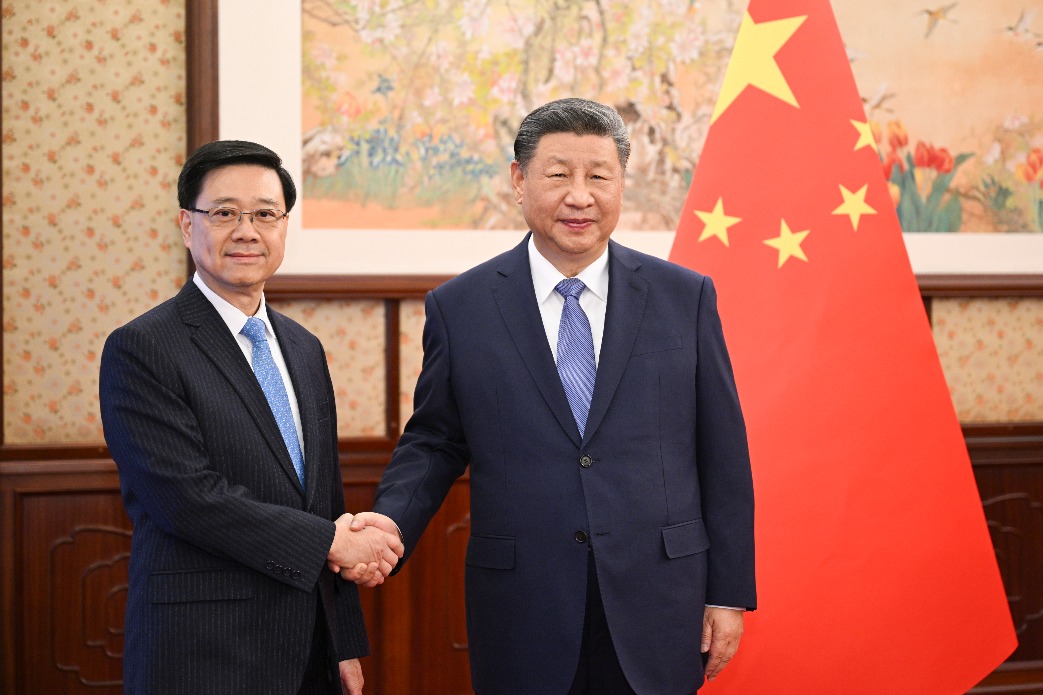
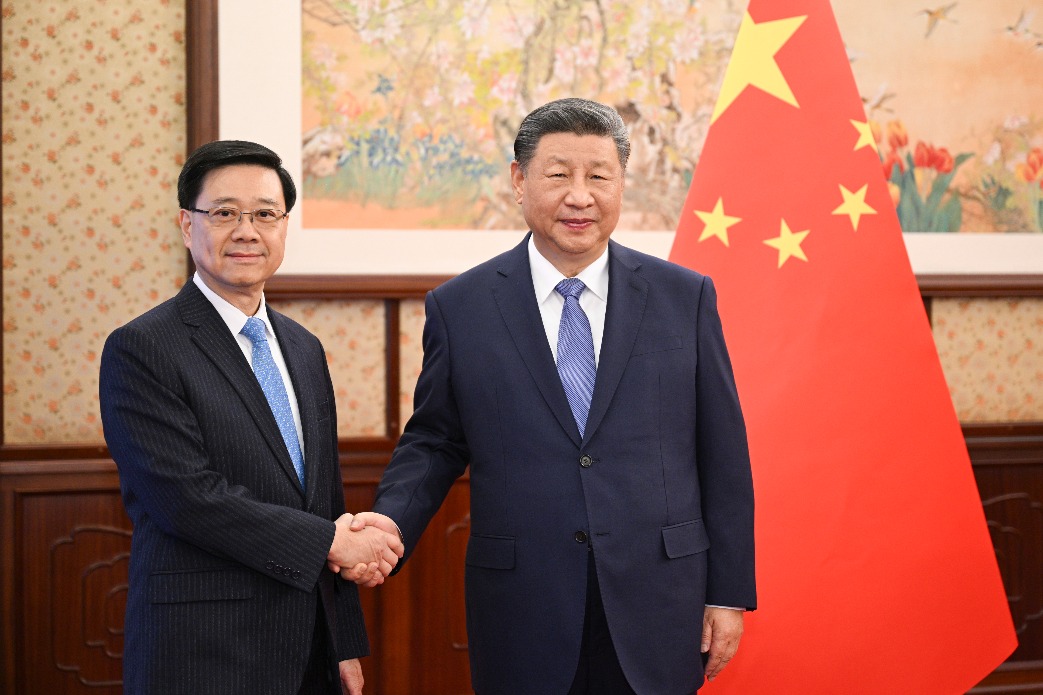
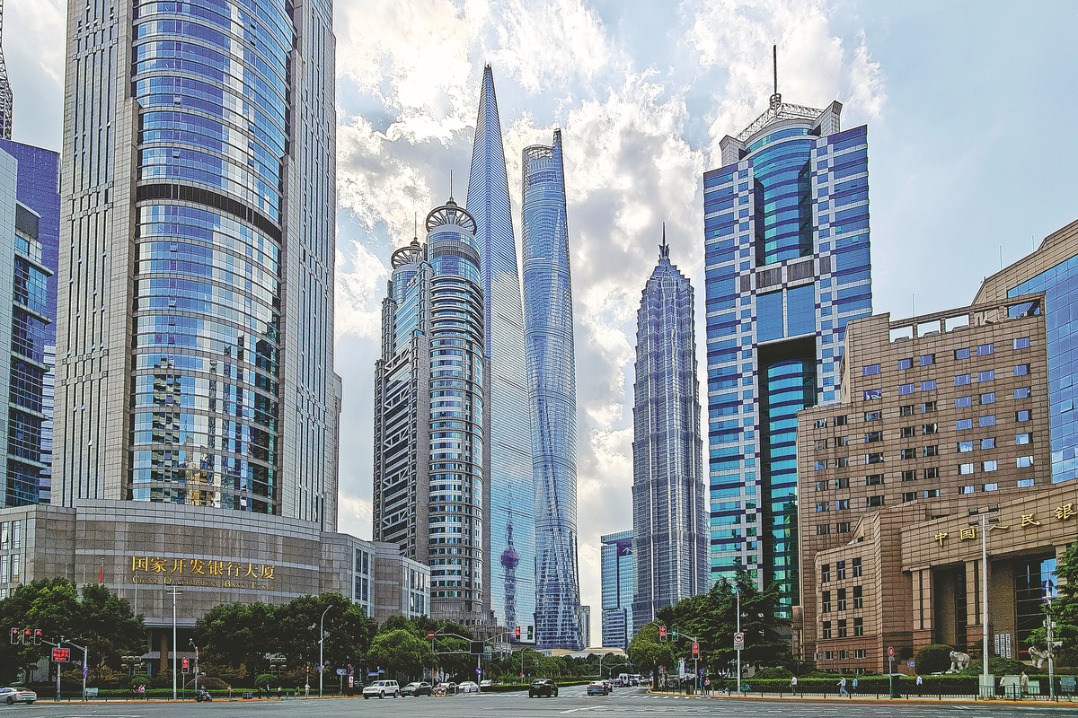

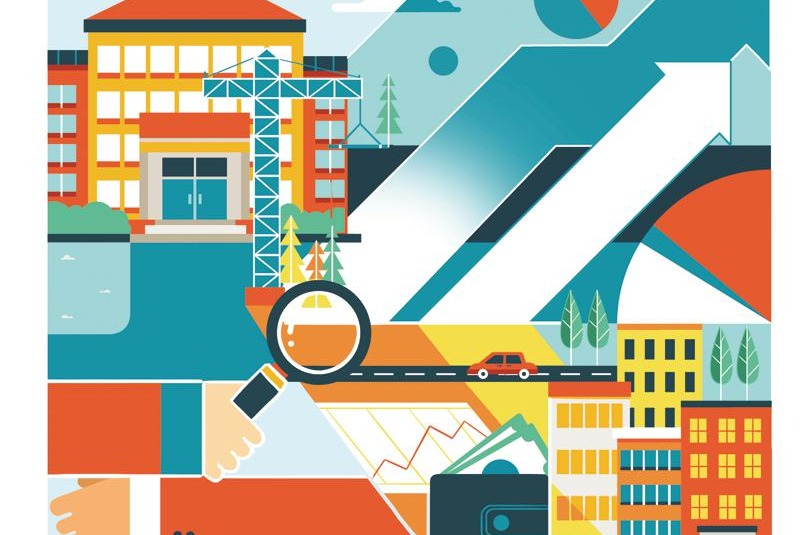
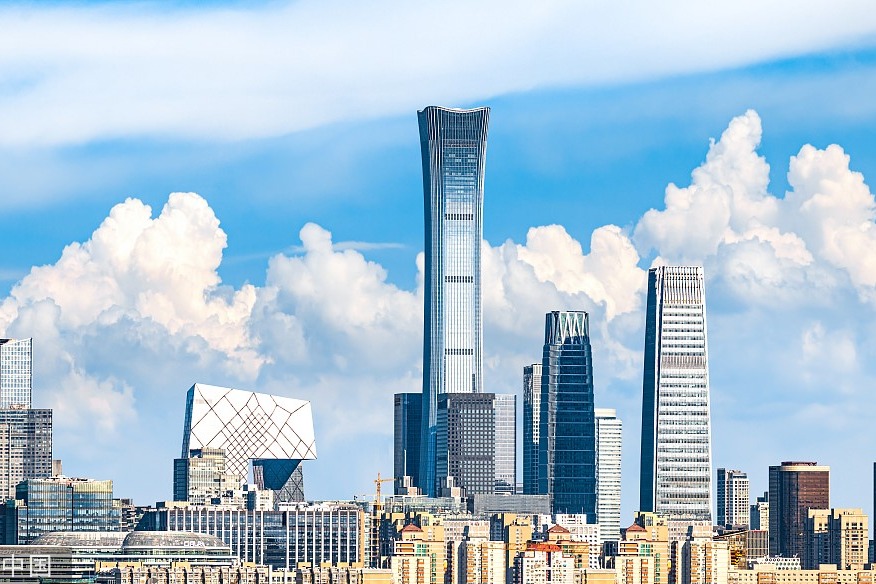
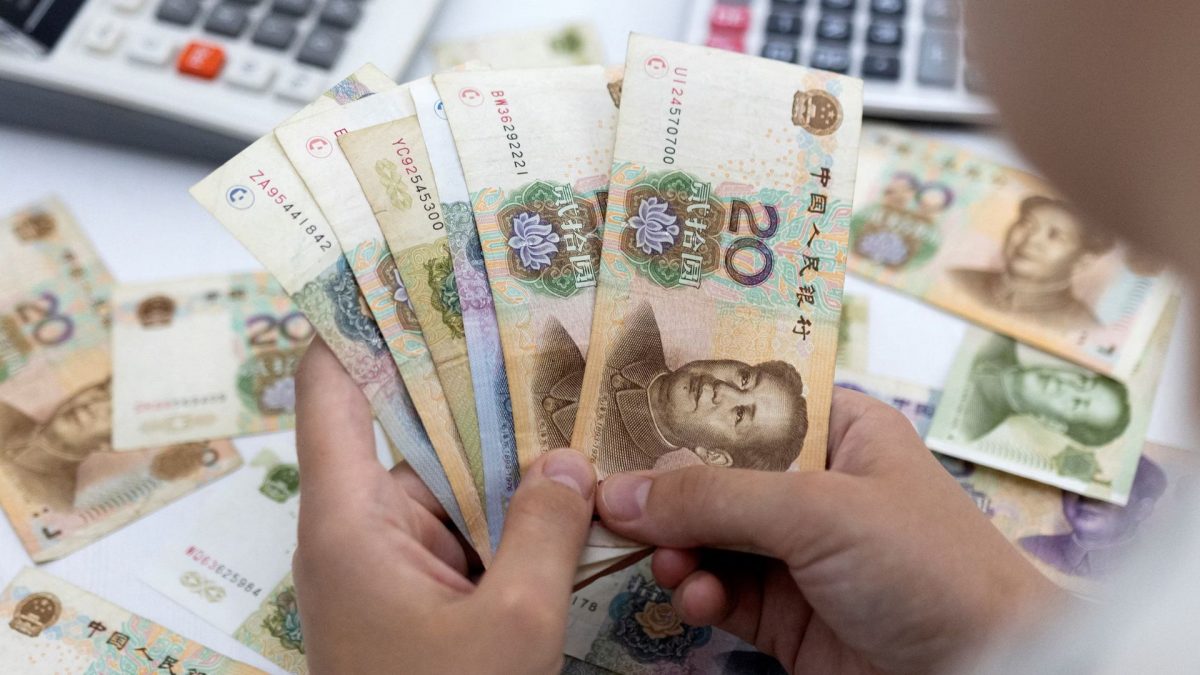)
